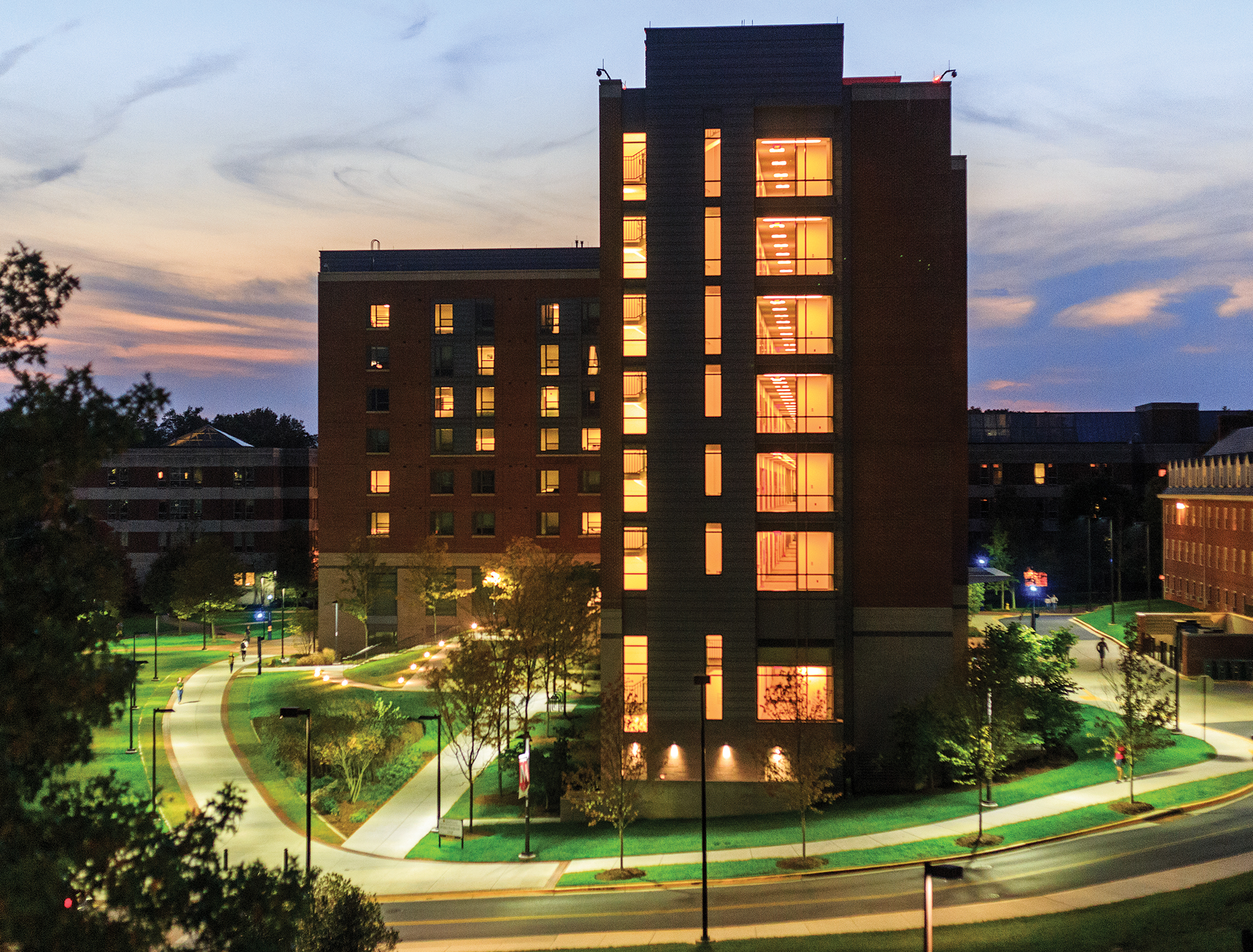The University of Maryland took another step forward in the cybersecurity field this week, announcing a new collaboration between this university’s honors cybersecurity program and the National Security Agency.
While the Advanced Cybersecurity Experience for Students program started in fall 2013, this agreement strengthens the partnership between the NSA and ACES.
Under this collaboration, the NSA will provide eight to nine teachers for several ACES courses, said Michel Cukier, the program’s director. Additionally, the partnership will allow ACES students to develop a mentor relationship with NSA employees, advise research projects and offer students internship opportunities at the agency. Because teaching these courses will become part of the eight or nine NSA employees’ job descriptions under the partnership, this university does not have to pay them for instruction.
Deborah Frincke, NSA research director, shared the agency’s enthusiasm in becoming more involved with this university’s honors cybersecurity program.
“NSA is excited to collaborate with the ACES program to prepare and motivate the next generation of cybersecurity professionals who will help protect the nation,” Frincke wrote in a statement Tuesday. “ACES offers a world-class program that complements NSA’s premier research in cybersecurity.”
The Northrop Grumman Foundation, the education-focused section of the global defense firm that was involved in establishing this partnership, helped launched ACES in spring 2012 with a $1.1 million grant that was matched by this university. The first course in this program was offered in fall 2013. And last year, Northrop Grumman gave another $2.76 million — the largest donation Northrop has given to this type of education program, Cukier said.
“We are excited to have the National Security Agency join us in supporting this great program at College Park and turning out top talent to support our Nation’s cybersecurity challenges,” said Christopher Valentino, a program director at Northrop Grumman Information Systems.
Today, ACES offers a living-learning program based in Prince Frederick Hall and a 16-credit minor in cybersecurity. After completing the program, students earn a citation.
In a statement Tuesday, senior vice president and Provost Mary Ann Rankin called the opportunities that this partnership will offer students “unparalleled.”
“Our students will be educated by experts in their field, giving them the real-world experience they need to succeed in the workforce after graduation,” Rankin said in the statement.
The program “should not be seen as purely technical; it has a technical and a non-technical aspect,” Cukier said. Students may learn, for example, how they would brief colleagues with non-technical backgrounds on security incidents they identify. ACES also works closely with an NSA lab called Laboratory for Telecommunication Sciences, which provides some intern opportunities dealing with classified as well as unclassified work.
Kyle Lim, a freshman computer science major in the ACES living-learning program, said he has been impressed by the program so far and was excited — yet not surprised — to hear about the partnership.
“It’s a very valuable opportunity to connect with them and have real-world experiences with [the NSA employees],” Lim said. “There’s already a lot of connections with the NSA with [ACES],” such as the current Cybersecurity Connect program.
Lim already has an NSA mentor through Cybersecurity Connect, but said he looks forward to classes taught by working NSA professionals.
“If we had someone from the real world dealing with all this stuff, we would definitely have more applied knowledge about it,” he said.
Sophomores can apply to the ACES minor for their junior and senior years in lieu of an Honors College invitation.



